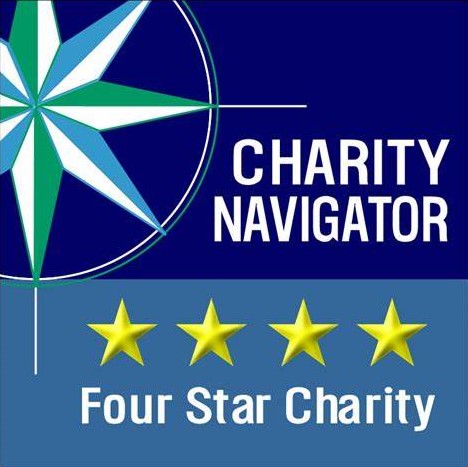[vc_row][vc_column][vc_btn title=”Download the Official Letter” color=”green” link=”url:https%3A%2F%2Faakp.org%2Fwp-content%2Fuploads%2F2017%2F06%2FJoint-Letter-on-dialysis-demo_2017.06.12.pdf||target:%20_blank|”][/vc_column][/vc_row][vc_row][vc_column][vc_column_text][vc_row][vc_column width=”1/1″][vc_column_text]
The Honorable Jason Smith
U.S. House of Representatives
1118 Longworth House Office Bldg
Washington, DC 20515
The Honorable Earl Blumenauer
U.S. House of Representatives
1111 Longworth House Office Bldg
Washington, DC 20515
RE: Dialysis Patients Demonstration Act of 2016 (H.R. 5942)
Capitated Arrangements Threaten ESRD Patients’ Access to Transplant
Dear Representatives Young and Blumenauer:
On behalf of the American Society of Transplant Surgeons (ASTS), the American Society for Transplantation (AST), the American Association of Kidney Patients (AAKP), and the more than 30,000 patients with End Stage Renal Disease (ESRD) referred by dialysis providers for kidney transplant annually, we thank you for your efforts to work with all stakeholders directly involved in caring for Medicare patients who are either on dialysis or contemplating an organ transplant.
Our organizations have again carefully reviewed your legislation from the 114th Congress, H.R. 5942, the Dialysis Patient Demonstration Act of 2016. If the legislation is re-introduced in the 115th Congress as currently drafted, we remain strongly concerned for kidney patients and their access to transplantation. While we applaud the goals of incentivizing innovation and efficiency and improving quality of care for patients receiving kidney dialysis, we remain very troubled that the legislation’s financial incentives for dialysis companies are more likely to have serious, unintended consequences for potential transplant patients than to alleviate the serious difficulties these patients face in dialysis.
While mortality rates have fallen for all people with ESRDi, the deaths after transplant are still far lower than with dialysis:
· Kidney transplantation is associated with lower hospitalization rates, improved quality of life, and better chance of joining the work force and starting a family.
· The cost of maintaining a person on dialysis is nearly three times as much per year, as maintaining a healthy kidney transplanti.
For these reasons, increasing transplant rates and ensuring long-term success of transplanted kidney is critical to improving the lives of people with ESRD who are appropriate candidates for transplantation and managing associated costs. As drafted, your bill would direct nearly all ESRD patients into capitated payment arrangements and establish financial incentives for continued dialysis instead of transplantation, the clear treatment of choice for the majority of ESRD patients.
While our organizations have been assured that you share these goals, we have not seen updated language to address what we perceive as a significant concern- that this legislation is dialysis-centric rather than cognizant of the interplay between dialysis and transplant, dividing what is typically our unified communinty. As a result, we are exploring alternative models that would balance incentives for the dialysis and transplant communities with the goal of preserving and improving access to kidney transplantation. The goal of an alternative model would be to increase transplantation for Medicare patients with kidney disease by providing novel financial models and regulatory relief through the continuum of care to transplant centers, dialysis facilities, OPOs, community hospitals, and nephrologist.
By aligning incentives and encouraging care coordination, an alternative model has the potential to significantly increase the availability of transplantation for the Medicare patients for whom transplantation is the best and most cost effective treatment option.
We welcome the opportunity to work with you to discuss alternative models so that together we can work toward the goal of achieving efficient ESRD care through a system of proper incentives for all stakeholders while maintaining a pathway for the less costly and life-preserving option of kidney transplantation for patients suffering from ESRD.
Sincerely,
Jean C. Emond, MD
President, ASTS
2461 S. Clark Street, Ste 640
Arlington, VA 22202
www.ASTS.org
Ronald G. Gill, PhD
President, AST
1120 Route 73, Ste 200
Mt. Laurel, NJ, 08054
www.myAST.org
Paul T. Conway
President, AAKP
1440 Bruce B. Downs Blvd
Tampa, FL 33613
www.AAKP.org
CC: Senator Dean Heller Senator Bill Nelson Senator Todd Young Speaker Paul Ryan
Minority Leader Nancy Pelosi Majority Leader Kevin McCarthy Democratic Whip Steny Hoyer[/vc_column_text][/vc_column][/vc_row]






























